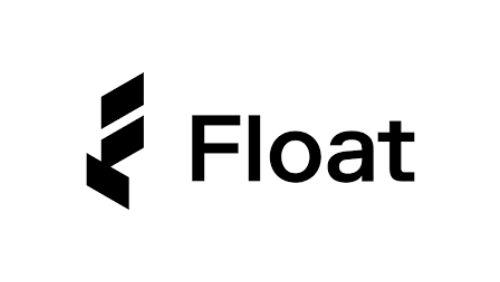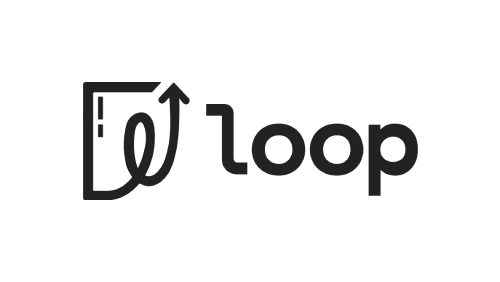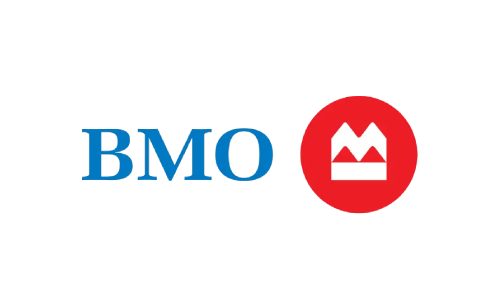Taking Care of Business: The State of Business Banking
Abstract: The 2024 Bankers Summit Panel, Taking Care of Business: The State of Business Banking, explores the challenges facing small and medium-sized businesses (SMBs) in Canada and how financial institutions and fintechs are responding. Moderated by Stephanie Morota of The Globe and Mail, the conversation features insights from Cato Pastoll (Loop), Robin Stewart (BMO), and Rob Khazzam (Float). They address time management, outdated financial processes, access to capital, and the need for integration across financial platforms. The panel emphasizes the importance of speed and simplicity in banking, as well as the potential of open banking to foster innovation. Panelists also discuss the importance of supporting underserved business communities and the need for Canada to accelerate financial modernization to remain competitive globally. Watch the interview here. 👀
Cato: Running a business is demanding. The biggest challenge is time—business owners handle multiple tasks daily while trying to grow. Many accept outdated financial practices, like using checks or visiting branches, as the norm. But these constraints aren’t necessary. Our goal at Loop is to give businesses time to focus on growth by streamlining financial processes.
Robin: I agree. Speed and convenience are crucial. There are two ways to help:
- Simplicity: Business owners expect the same ease of use as personal banking clients. Banks must simplify historically complex solutions.
- Integration: Businesses rely on multiple systems—accounting, payroll, payments. Integrating these services into a seamless platform saves time and improves efficiency.
Rob: Customers expect seamless experiences. Yet, business banking often feels outdated. If Canadian providers don’t catch up, businesses will turn to U.S. competitors. The opportunity for improvement is enormous, but it requires urgency. Businesses won’t wait—they’ll move to better solutions.
Competition and Innovation
Stefanie: Cato and Rob, you both serve niches traditional banks struggle to meet. How do you differentiate yourselves?
Cato: We focus on businesses with global operations that find traditional banking, designed for local transactions, inadequate. Our goal is to provide modern financial solutions that meet their unique needs.
Rob: At Float, we provide B2B payment tools, including corporate cards and spend management platforms. Our focus is eliminating administrative burdens—no more receipts or expense reports. We design everything from scratch with the customer in mind. For example, we enable businesses to onboard and start spending within 48 hours. Internal processes are aligned to remove friction for customers.
Robin: Rather than competing, we see fintechs as part of an ecosystem. Our role at BMO is to build strong deposit relationships while partnering with fintechs to offer integrated solutions.
Access to Capital and Systemic Barriers
Stefanie: Access to capital remains a common challenge. How are you addressing it?
Cato: Sometimes the issue isn’t access to capital but inefficient processes. For example, one client faced cash flow issues because they had to wait 60-90 days for payments. Streamlining processes can often solve these problems.
Robin: We’ve invested in reducing loan approval times from 30 days to 30 minutes. It’s also important to connect businesses with the right financial solutions, whether that’s capital or better cash management. We must also address barriers faced by women and minority-owned businesses by ensuring they have access to capital, mentorship, and education.
Regulatory Developments and Open Banking
Stefanie: The recent budget finally addressed open banking. What impact will it have?
Rob: Open banking will increase competition by giving customers more control over their data and enabling them to switch providers easily. However, implementation is slow, and Canada risks falling behind.
Robin: Open banking can provide the seamless experiences customers expect. It requires collaboration between banks, fintechs, and regulators to succeed, and we need to act quickly.
Closing Thoughts
Stefanie: Robin, you mentioned the importance of supporting underserved communities. Can you elaborate?
Robin: At BMO, we launched the “Zero Barriers to Business” program to support underserved communities. We focus on breaking down barriers to capital, mentorship, and education to help these businesses succeed.
Cato: Our platform also serves more underrepresented groups than traditional banks. However, during the pandemic, government programs didn’t leverage fintechs to distribute support, missing an opportunity to better serve these communities.
Stefanie: Thank you all for sharing your insights. This has been a valuable discussion. I appreciate your time and thank you Canadian Lenders Association!
Sign up for our Finance Summit Series






